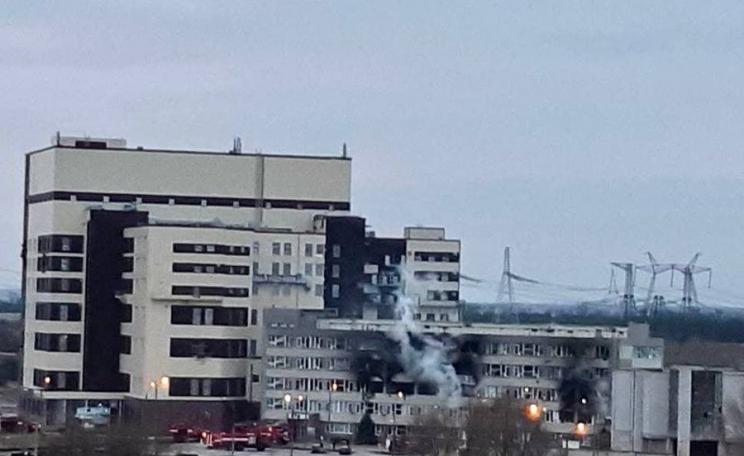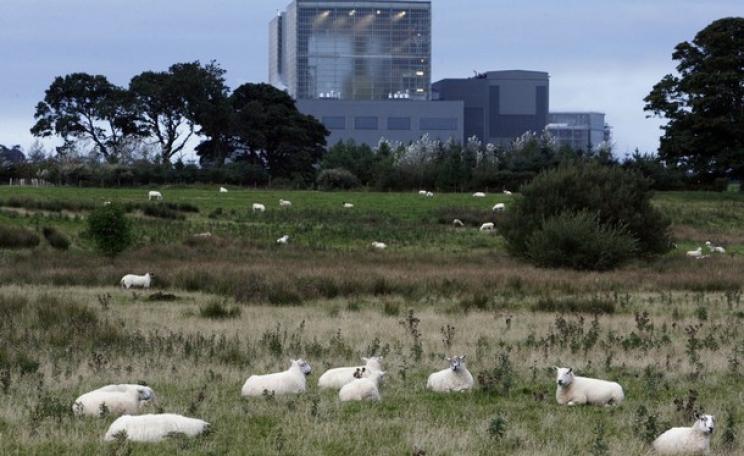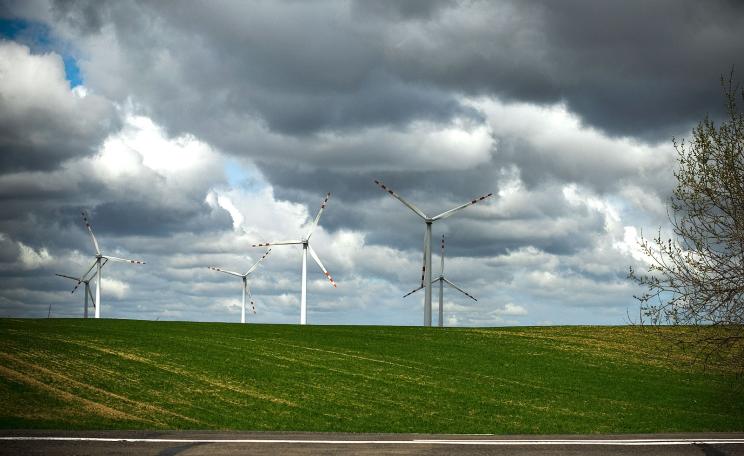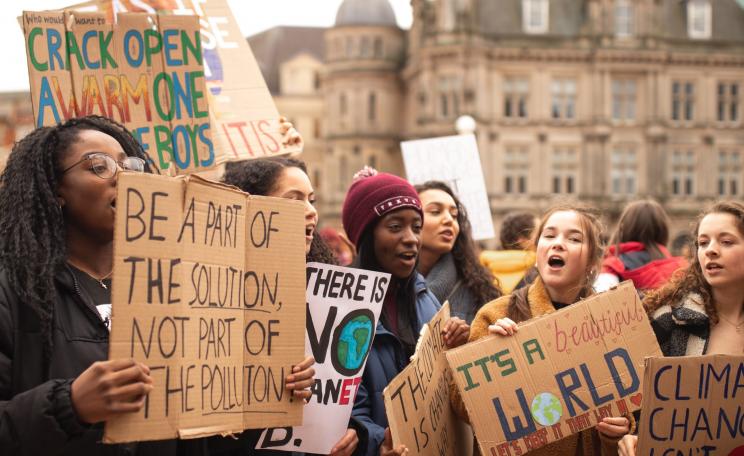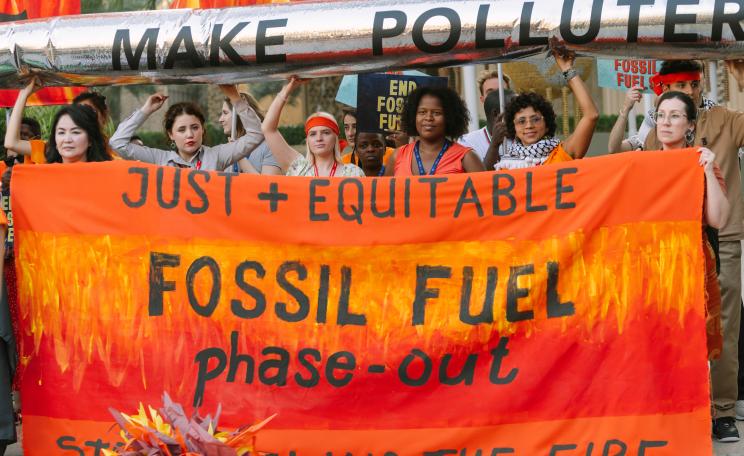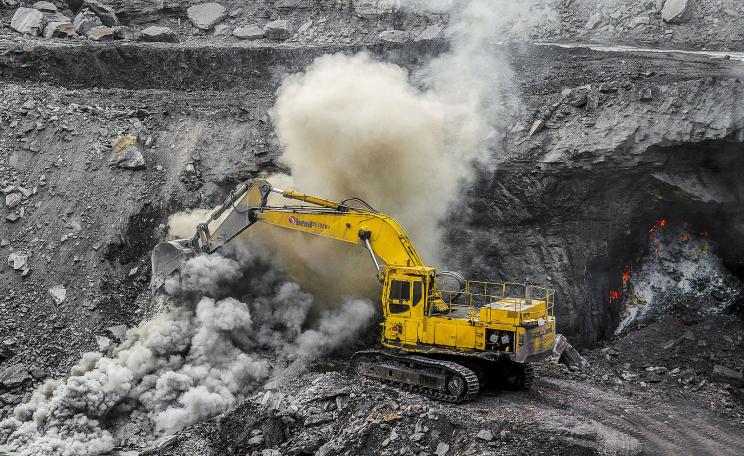Every few months the government makes a grandiose public announcement about future nuclear in the hope that a major investor will believe the hype and step up to fund this 20th century technology
The government has set out how it will increase electricity generation from nuclear by up to four times to 24GW by 2050, enough to power a quarter of the UK’s electricity needs in a new roadmap.
As part of this, a new plant as big as Sizewell in Suffolk or Hinkley in Somerset – each of which can power six million homes - will be built.
The government wants to speed up the process for developing the new power stations through “smarter regulation”, for allowing regulators to assess projects while designs are finalised, and joining-up with overseas regulators assessing the same technology.
It plans to hold a “hackathon” event with experts from the nuclear industry to develop ideas on how government and industry can accelerate new nuclear projects while maintaining safety and security.
Identifying a potential site for the new plant will be left up to developers, rather than focusing on those designated by government. Community engagement would remain critical to any decisions, alongside maintaining robust criteria such as nearby population densities, the government claimed.
Pushing Putin out
The government also plants to invest up to £300 million in UK production of the fuel required to power high-tech new nuclear reactors, known as HALEU. This form of uranium fuel is currently only commercially produced in Russia. The government claims this will help push Russian president Putin out of the global market.
The government is also continuing its plans for small modular reactor (SMR) technology through a competition to be launched soon. Unlike conventional nuclear reactors that are built on site, SMRs are smaller, and can be made in factories, which the government believes will make construction faster and less expensive.
Prime minister Rishi Sunak, called nuclear “the perfect antidote” to Britain’s energy challenge, saying it was green, and provide long-term cheaper energy, and energy security. It would also put the UK on course to achieve net zero by 2050 “in a measured and sustainable way”, he said.
Secretary of state for energy security and net zero, Claire Coutinho, said: “Strengthening our energy security means that Britain will never again be held to ransom over energy by tyrants like Vladimir Putin.”
Tom Greatrex, chief executive of the Nuclear Industry Association, said: “We will need both large and small nuclear at scale and at pace for our energy security and net zero future.”
“Vague and aspirational”
Jess Ralston, analyst at the Energy and Climate Intelligence Unit (ECIU) noted that experts generally agree that some new nuclear would be needed in the years ahead. “The challenge is the industry has a track record of running over budget and behind schedule, so this does little to boost the UK’s energy security any time soon,” she said.
More offshore wind and home insulation would help cut the UK’s ties with volatile gas prices, but the government fumbled the last offshore wind auction and has driven down the number of homes its helping to insulate in the past couple of years, she added.
Greenpeace UK slammed the nuclear announcement, calling it “vague and aspirational”.
Dr Doug Parr, chief scientist for Greenpeace UK said: “Every few months the government makes a grandiose public announcement about future nuclear in the hope that a major investor will believe the hype and step up to fund this 20th century technology, but it isn’t working. The energy industry knows that the economic case for slow, expensive nuclear just doesn’t add up, and the future is renewable.”
The move would cause anxiety for communities identified as possible locations for the new plant, and would cause more confusion and delay over the investment needed in renewable energy, energy efficiency and an upgraded grid, he added.
This Author
Catherine Early is a freelance environmental journalist and chief reporter for the Ecologist. She tweets at @Cat_Early76.


